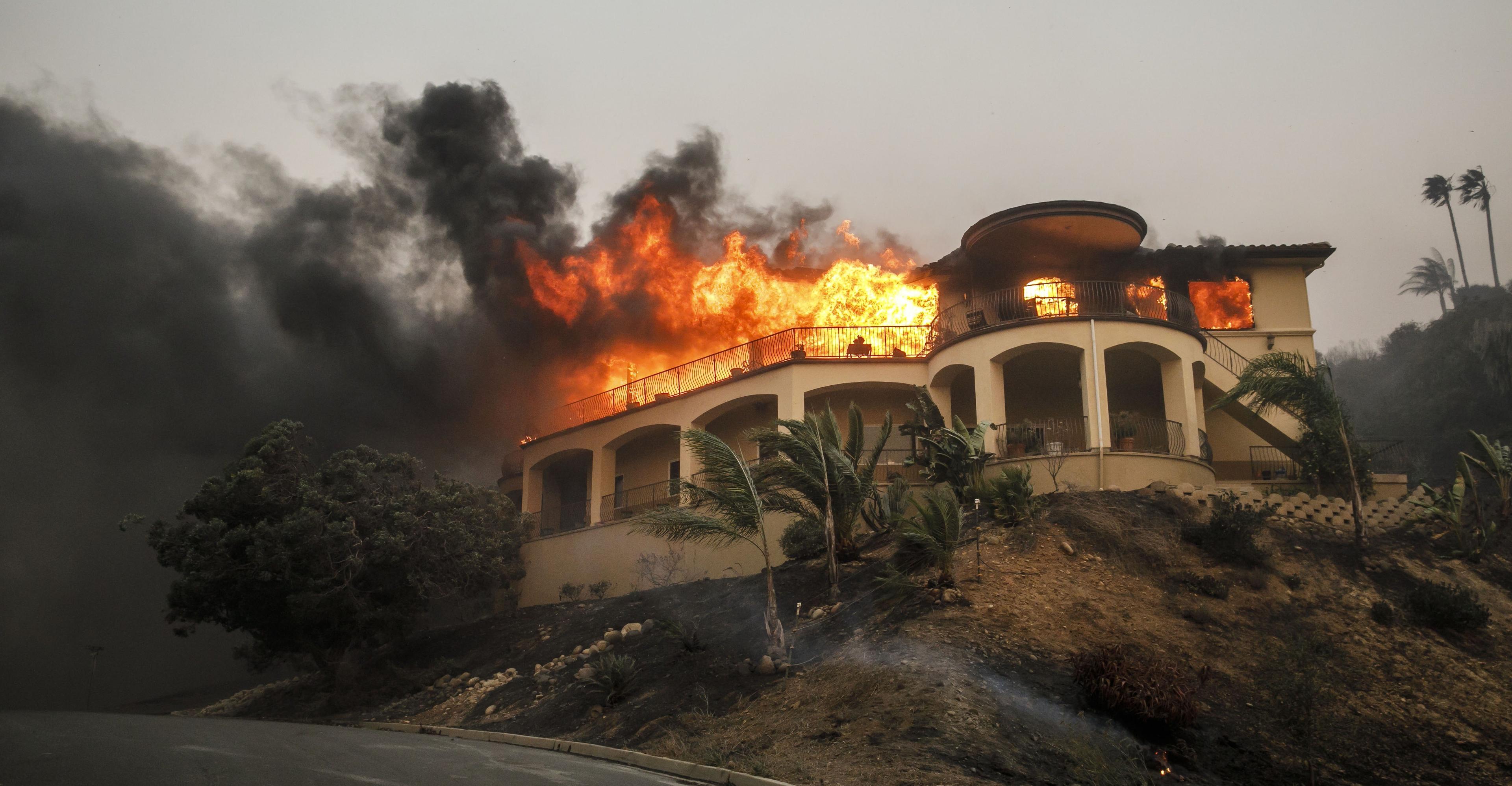- Home
- Technology
- News
HEC invites research proposals from faculty members under RTTG
The RTTG is a key element of the Higher Education Development in Pakistan (HEDP) project supported by the World Bank.


Islamabad: The Higher Education Commission (HEC) Tuesday invited research proposals from faculty members, under the RAPID Technology Transfer Grant (RTTG) programme.
The official stated that HEC, in that regard, had invited faculty members of public and private sector universities/degree awarding institutions (DAIs) to submit research proposals focused on the transfer of university developed technologies and products to the industry and commercial sector.
The RTTG is a key element of the Higher Education Development in Pakistan (HEDP) project supported by the World Bank and implemented by the HEC.
It is a fast-track funding mechanism dealing with themes, topics, and issues of severe urgency for quick-response research on Flood Response, Climate Change and Environment.
The grant is anticipated to support proposals in applied research, product innovation, and commercialization of developed technological research and solutions. The RTTG will provide funds to selected institutions based on a competitive, peer-reviewed evaluation of proposals.
The amount of funding for RTTG awards may range between PKR 10 – 20 million with a maximum project duration of six months.
Sharing the details of applicant eligibility, the sources stated that Lead Principal Investigators (Pls) must be a regular faculty member of higher education institutions (public and private), or hold a contract equivalent to the length of the project duration.
The priority sectors for RTTG support are Flood Response, Climate Change and Environment, including but not limited to climate mitigation, adaptation, policy dialogue interventions and disaster management (focusing on climate modelling and disaster surveillance, environment monitoring, and geological monitoring), Metro-scale pollution reduction technologies, protection of available trees through artificial intelligence system controls, and use of membrane systems for gaseous and water industrial waste treatment
The other sectors, including design and development of hybrid membranes and classical system per the requirement of site and location, identification and development of hospital waste treatment processes, removal of arsenic/other toxic metal elements from industrial effluents and water underground aquifers, climate-smart agriculture, adapting agriculture production to climate change by developing climate resilient crop varieties with regard to heat, drought, and flooding (especially of wheat and cotton) and any other area related to Flood Response, Climate Change and Environment.

Inside Trump’s “no data, just vibes” approach to science
- 11 hours ago

The political backlash to AI is overstated
- 11 hours ago
Riley won't return as Clemson OC after 7-6 season
- 12 hours ago

Pakistan and India exchange lists of prisoners and nuclear installations
- 3 hours ago
Porzingis (illness) to return Wed. for sliding Hawks
- an hour ago

The 19 predictions that came true in 2025 — and the 4 that didn’t
- 11 hours ago

PM orders all ministries to fast-track investment recommendations
- 3 hours ago
Guard Lowery no longer at Marquette, Smart says
- 12 hours ago
At the start of the new year, PSX hits new milestone crossing 176,000 points
- 30 minutes ago

2025, in 8 minutes
- 11 hours ago
Jokic avoids serious knee injury, to miss 4 weeks
- an hour ago
Suns guard Green fined $25K for using profanity
- an hour ago











